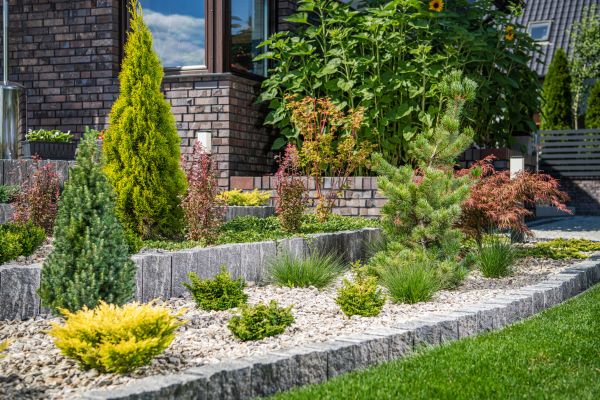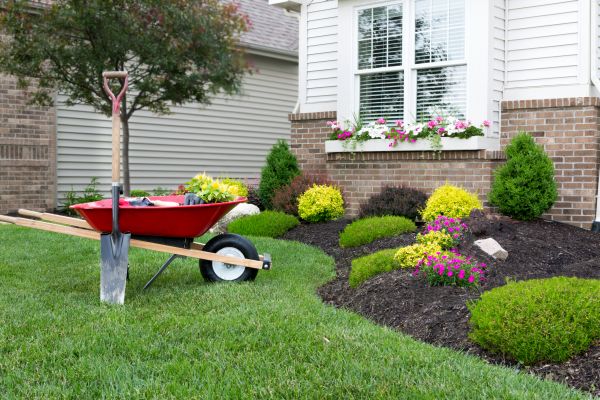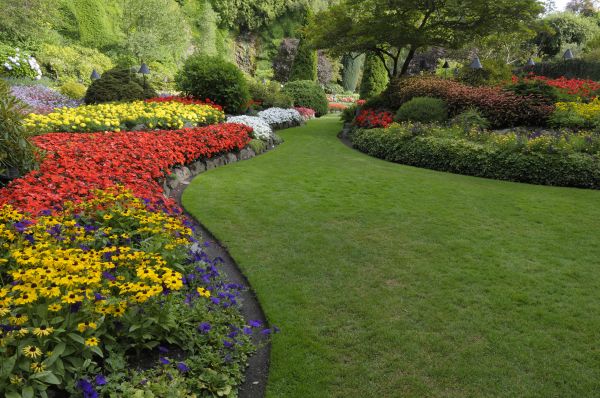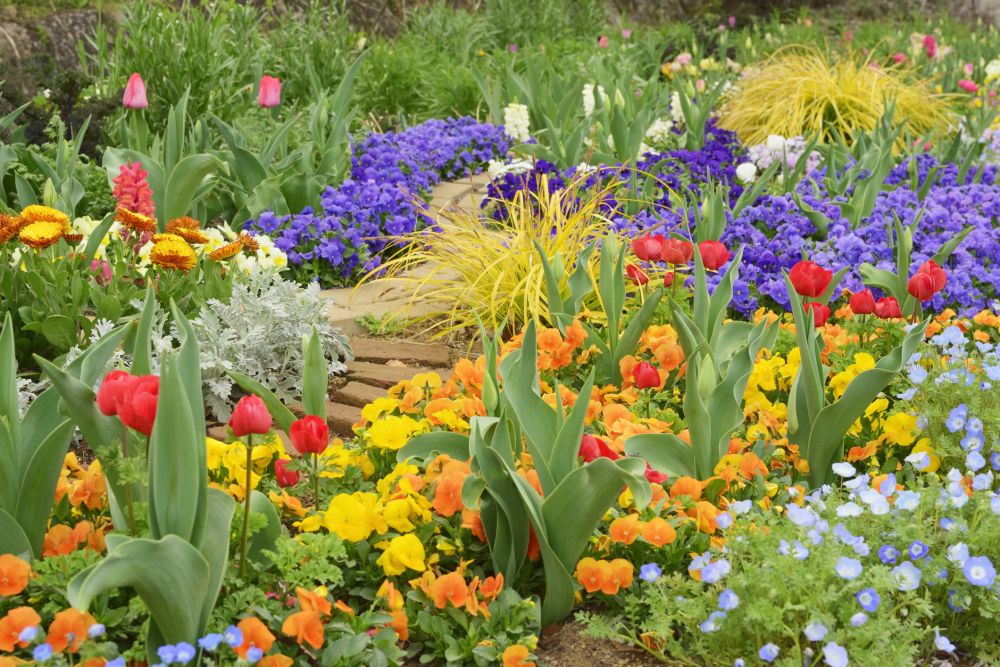Hibiscus Planting Service
Affordable Hibiscus Planting
Planting hibiscus is a rewarding endeavor for both novice and experienced gardeners. These vibrant and versatile plants are renowned for their large, colorful blooms that can brighten any landscape. Hibiscus planting is not only about adding aesthetic value to a garden but also about contributing to ecological health. The plants attract pollinators such as bees and hummingbirds, playing a vital role in supporting biodiversity. Additionally, hibiscus can be grown in a variety of climates and conditions, making them an adaptable choice for many gardening enthusiasts.
Benefits of Hibiscus Planting
-
Attracts Pollinators
Hibiscus flowers are a magnet for pollinators, including bees, butterflies, and hummingbirds. These creatures play a crucial role in pollination, which is essential for the reproduction of many plants. By planting hibiscus, you support the local ecosystem and contribute to the health and diversity of your garden. -
Enhances Aesthetic Appeal
With their large, vibrant blooms, hibiscus plants can add a dramatic splash of color to any garden. They come in a wide range of colors, from fiery reds to soft pinks and whites, allowing for creative landscaping designs. The visual appeal of hibiscus can transform an ordinary garden into a stunning oasis. -
Versatile Growing Conditions
Hibiscus plants are adaptable and can thrive in various climates and soil types. Whether you live in a tropical region or a temperate zone, there is likely a hibiscus variety that will grow well in your area. This versatility makes hibiscus a popular choice for gardeners looking to add diversity to their plant collection. -
Medicinal and Culinary Uses
Beyond their beauty, hibiscus flowers have been used in traditional medicine and culinary applications. Hibiscus tea, made from the dried petals, is known for its tart flavor and potential health benefits, including lowering blood pressure and supporting liver health. Planting hibiscus can provide both aesthetic and practical benefits.
FAQs About Hibiscus Planting
What is the best time to plant hibiscus?
The ideal time to plant hibiscus is during the spring or early summer when the risk of frost has passed. This allows the plant to establish itself before the cooler months.
How much sunlight do hibiscus plants need?
Hibiscus plants thrive in full sun, requiring at least 6 to 8 hours of direct sunlight per day. However, in extremely hot climates, some afternoon shade can help prevent wilting.
How often should I water my hibiscus plants?
Hibiscus plants prefer consistently moist soil. Water them deeply once or twice a week, allowing the top inch of soil to dry out between waterings. Adjust frequency based on climate and weather conditions.
Do hibiscus plants need special soil?
Hibiscus plants grow best in well-draining soil rich in organic matter. A slightly acidic to neutral pH is ideal. Adding compost or peat moss can improve soil quality and drainage.
Embrace the beauty and benefits of hibiscus planting by filling out the contact form to request professional Hibiscus Planting services. Enjoy the vibrant blooms, support local biodiversity, and enhance your garden's appeal with expert care.




